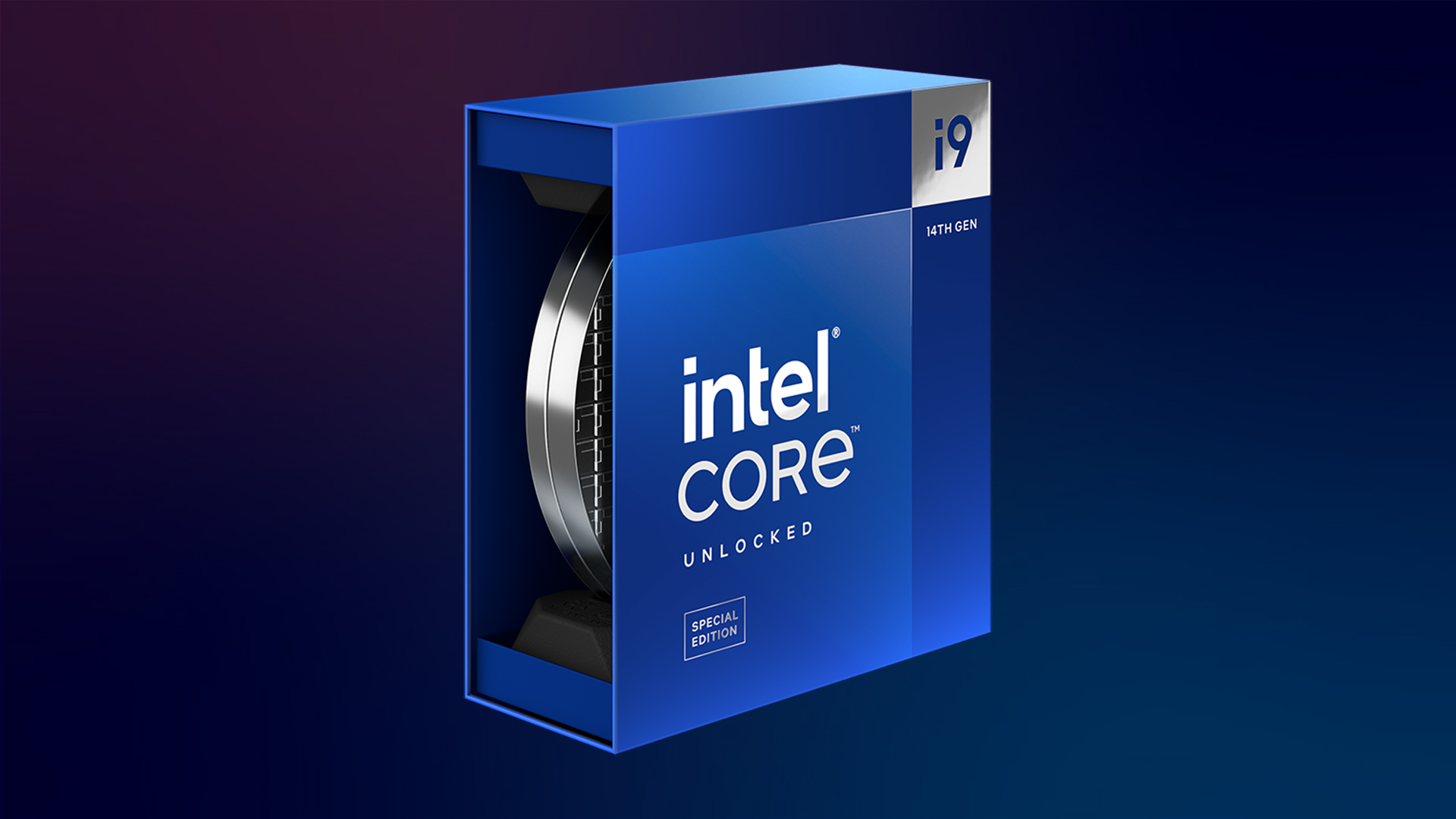
Igor’s Lab seems to have obtained a message originally destined for motherboard manufacturers concerning a prolonged stability issue on the company’s 13th Generation Raptor Lake and 14th Generation Raptor Lake Refresh chips, which rank among the best CPUs. It made sense for the company to clarify the issue where many blamed the motherboard manufacturers in a race to become ‘the fastest’ performer by having over-aggressive voltages for allowing higher clock speeds.
The company specifically points out the issue with 600/ 700 series motherboard manufacturers that disable thermal and power protection to achieve the highest possible overclocks, even at the cost of instability. The chipmaker said in the message:
Intel has observed that this issue may be related to out of specification operating conditions resulting in sustained high voltage and frequency during periods of elevated heat.
Analysis of affected processors shows some parts experience shifts in minimum operating voltages which may be related to operation outside of Intel® specified operating conditions.
While the root cause has not yet been identified, Intel® has observed the majority of reports of this issue are from users with unlocked/overclock capable motherboards.
Intel has observed 600/700 Series chipset boards often set BIOS defaults to disable thermal and power delivery safeguards designed to limit processor exposure to sustained periods of high voltage and frequency, for example:
– Disabling Current Excursion Protection (CEP)
– Enabling the IccMax Unlimited bit
– Disabling Thermal Velocity Boost (TVB) and/or Enhanced Thermal Velocity Boost (eTVB)
– Additional settings which may increase the risk of system instability:
– Disabling C-states
– Using Windows Ultimate Performance mode
– Increasing PL1 and PL2 beyond Intel® recommended limits
Intel requests system and motherboard manufacturers to provide end users with a default BIOS profile that matches Intel recommended settings.
Intel strongly recommends customer’s default BIOS settings should ensure operation within Intel’s recommended settings.
In addition, Intel strongly recommends motherboard manufacturers to implement warnings for end users alerting them to any unlocked or overclocking feature usage.
Intel is continuing to actively investigate this issue to determine the root cause and will provide additional updates as relevant information becomes available.
Intel will be publishing a public statement regarding issue status and Intel recommended BIOS setting recommendations targeted for May 2024.
Asus was the first to address the issue on its side of the fence as it began rolling out new BIOS revisions with an ‘Intel Baseline Profile,’ which mitigated the problem by lowering its power limit and using Intel’s recommended settings. Eventually, two other motherboards addressed this, with MSI providing a tutorial on how to tune its motherboard BIOS to run Intel’s power limit and voltage specifications. Gigabyte rolled out beta BIOS revisions like Asus. It’s uncertain why MSI didn’t roll out similar firmware for some, if not all, of the company’s motherboards.
Naturally, these steps will reduce performance, but it’s a lot better than having crashes while gaming or during other intense workloads. The problem has mostly been with users of Core i9 SKUs from both generations. The lesson is that overclocking should be a manual and custom attempt, as not all silicon is the same. Enabling extreme settings by default is also not a good idea, especially when increasing the power limit and turning off other specific protection options that are normally enabled out of the box.
Intel introduced ‘Extreme Power Delivery’ with its 13th Generation CPUs, like the Core i9-13900KS, which peaked at 320 watts via this profile. At the same time, Intel already had recommended steps, and motherboard manufacturers should have played it safe so that end-users who would have a tough time navigating manual settings in the BIOS would not be on the receiving end.
Perhaps Intel should have stricter guidelines for respective motherboard manufacturers to follow, given that such issues can last a few months before they can be narrowed down.





